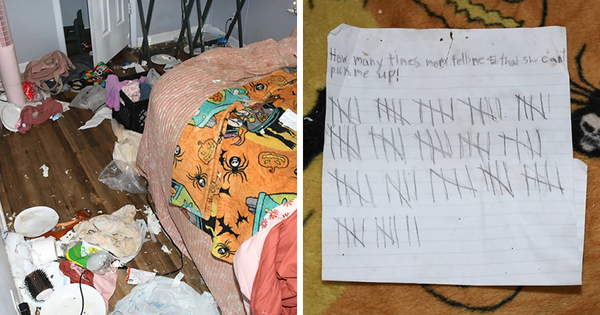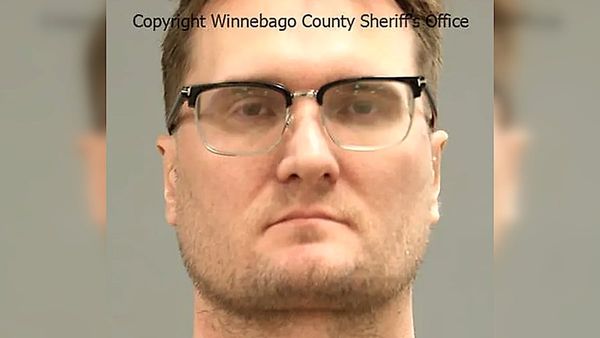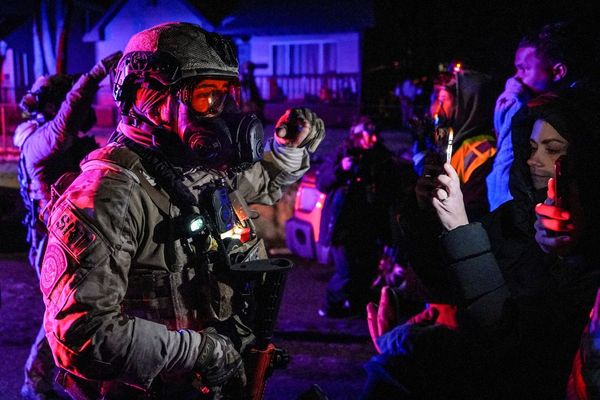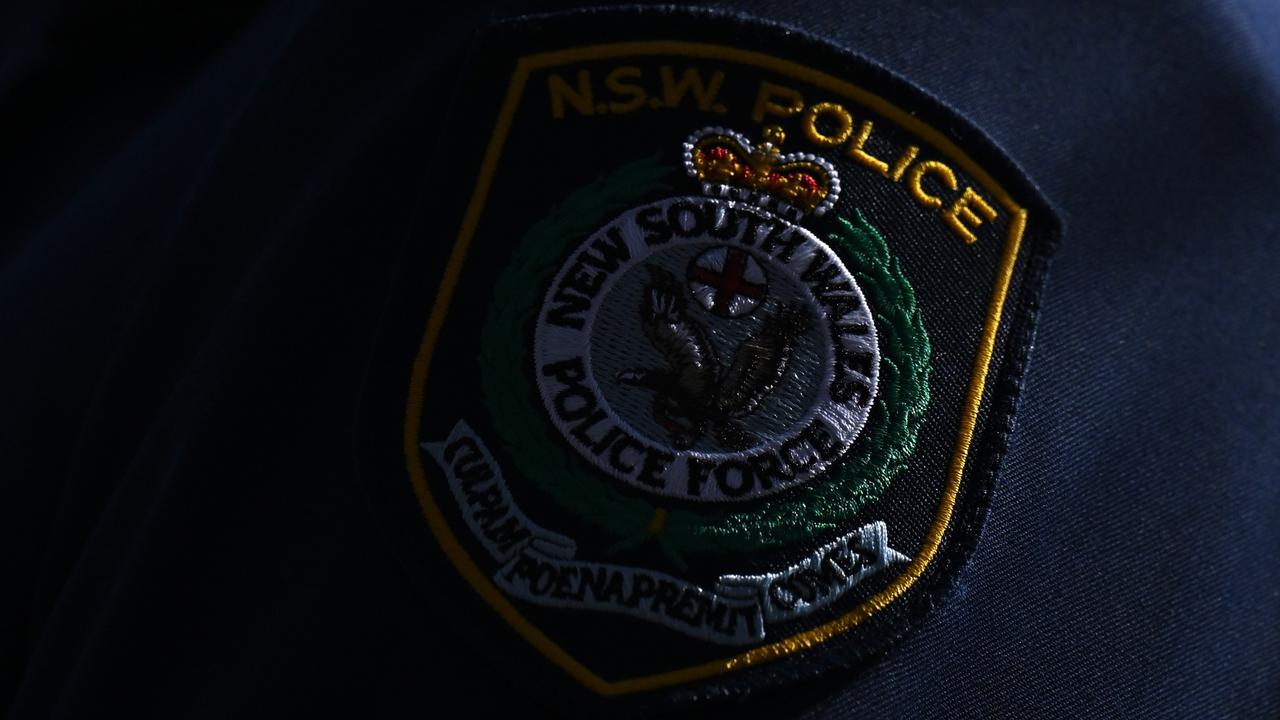
The family of two Aboriginal children left frightened of police officers after experiencing more than 150 home bail checks in just under two years, have filed a racial discrimination case in the Federal Court.
Two brothers, aged 11 and 13 at the time, were on bail for being passengers in a stolen car when NSW police began to conduct home checks on them, often late at night or in the early hours of the morning.
Their mother, who is using the pseudonym Megan for legal reasons said multiple police officers would come to her home, knock on the doors, shine torches through and bang on the windows during these checks.
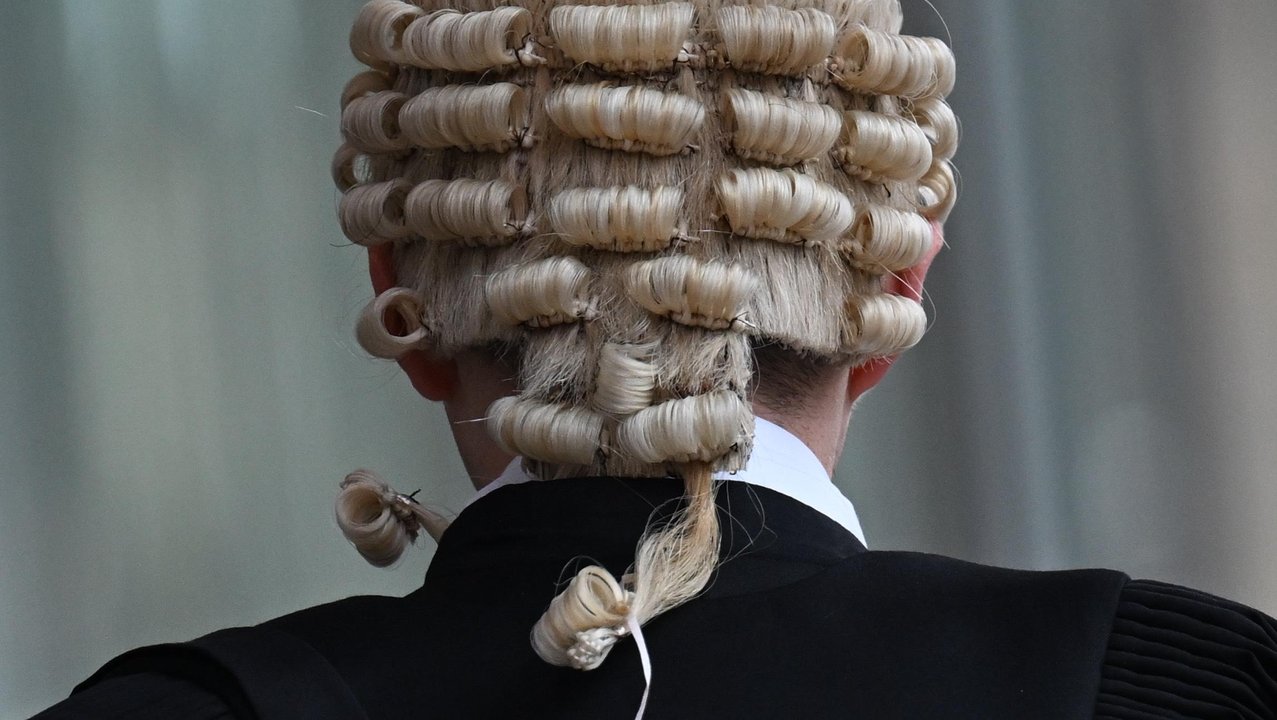
It got to the point where it was too much - her children were too tired to go to school, she lost her job and the experience has left her boys scared of the police.
"I'd have to wake (my sons) up to bring them to the door," she told AAP.
"If they were sleeping and too tired to get up I'd have to let anywhere between two to four police officers come inside to see if they were in their bed and had their PJs on."
The family took their complaint to the Australian Human Rights Commission but it could not be settled through conciliation efforts with the police force.
Now the family is taking the matter to the Federal Court, Megan said she wants police to consider their approach with Aboriginal people, and draw attention to what has happened to her sons.
"Life was happy until police started to come and do that," she said.
"Now my young fellas they've limited even going to mates' places or a family member's place because they're too scared of police."
Megan's children are not alone, Justice and Equity Centre senior solicitor Grace Gooley, who is representing the family said these types of checks are common for young people on bail in NSW.
She raised concerns about how the checks have been conducted by police, saying they were carried out in an "unnecessarily disruptive" way.
Ms Gooley said police had also not been adhering to the process of getting court authorisation before conducting bail checks.

Analysis of NSW Police data, commissioned by the centre, in July revealed Aboriginal children were disproportionately subjected to home visits while on bail.
Aboriginal young people were subjected to 42 per cent more checks on average and were twice as likely to experience 'very frequent' checks - defined as more than 11 visits in 30 days.
"We have heard from many other Aboriginal young people who are experiencing the same level of disruption and harassment," she said.
"This anecdotal evidence is borne out in the data, which shows it's a New South Wales-wide issue and our clients' experience isn't an isolated incidence.
"It's time for NSW Police to look at what's going on and start to change these practices."


